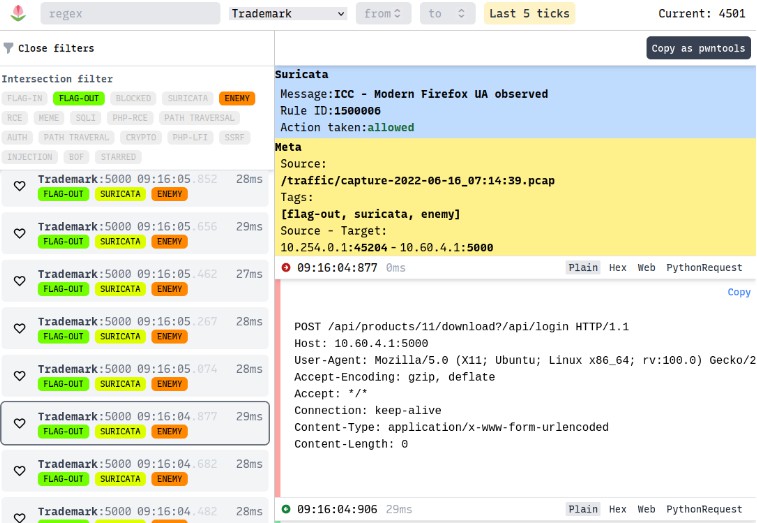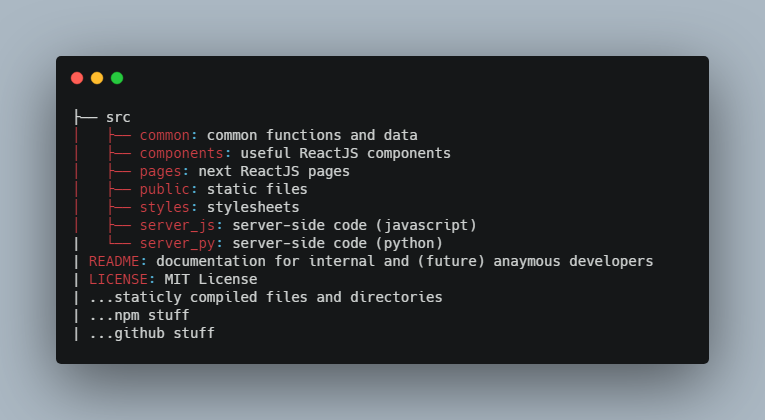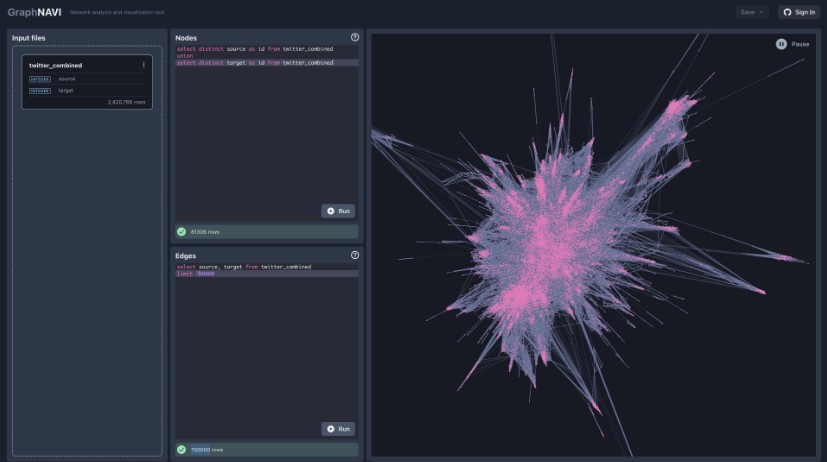? Tulip
Tulip is a flow analyzer meant for use during Attack / Defence CTF competitions. It allows players to easily find some traffic related to their service, and automatically generates python snippets to replicates attacks.
Origins
Tulip was developed by Team Europe for use in the first International Cyber Security Challenge. The project is a fork of flower, but it contains quite some changes:
- New front-end (typescript / react / tailwind)
- New ingestor code, based on gopacket
- IPv6 support
- Vastly improved filter and tagging system.
- Deep links for easy collaboration
- Added an http decoding pass for compressed data
- Synchronized with Suricata.
Screenshots
Configuration
Before starting the stack, edit services/configurations.py:
vm_ip = "10.60.4.1"
services = [{"ip": vm_ip, "port": 18080, "name": "BIOMarkt"},
{"ip": vm_ip, "port": 5555, "name": "SaaS"},
]
You can also edit this during the CTF, just rebuild the api service:
docker-compose up --build -d api
Usage
The stack can be started with docker-compose:
docker-compose up -d --build
To ingest traffic, it is recommended to create a shared bind mount with the docker-compose. One convenient way to set this up is as follows:
- On the vulnbox, start a rotating packet sniffer (e.g. tcpdump, suricata, …)
- Using rsync, copy complete captures to the machine running tulip (e.g. to /traffic)
- Add a bind to the assembler service so it can read /traffic
The ingestor will use inotify to watch for new pcap’s and suricata logs. No need to set a chron job.
Suricata synchronization
Metadata
Tags are read from the metadata field of a rule. For example, here’s a simple rule to detect a path traversal:
alert tcp any any -> any any (msg: "Path Traversal-../"; flow:to_server; content: "../"; metadata: tag path_traversal; sid:1; rev: 1;)
Once this rule is seen in traffic, the path_traversal tag will automatically be added to the filters in Tulip.
eve.json
Suricata alerts are read directly from the eve.json file. Because this file can get quite verbose when all extensions are enabled, it is recommended to strip the config down a fair bit. For example:
# ...
- eve-log:
enabled: yes
filetype: regular #regular|syslog|unix_dgram|unix_stream|redis
filename: eve.json
pcap-file: false
community-id: false
community-id-seed: 0
types:
- alert:
metadata: yes
# Enable the logging of tagged packets for rules using the
# "tag" keyword.
tagged-packets: yes
# ...
Sessions with matched alerts will be highlighted in the front-end and include which rule was matched.
Security
Similar to flower, the default docker-compose.yml file does not prevent anyone from connecting to your mongo instance and dropping/stealing all of your data. Either disable the exposed port in the compose file or make sure you firewall it on the host.
Credits
Tulip was written by @RickdeJager and @Bazumo, with additional help from @Sijisu. Thanks to our fellow Team Europe players and coaches for testing, feedback and suggestions. Finally, thanks the team behind flower for opensourcing their tooling.






